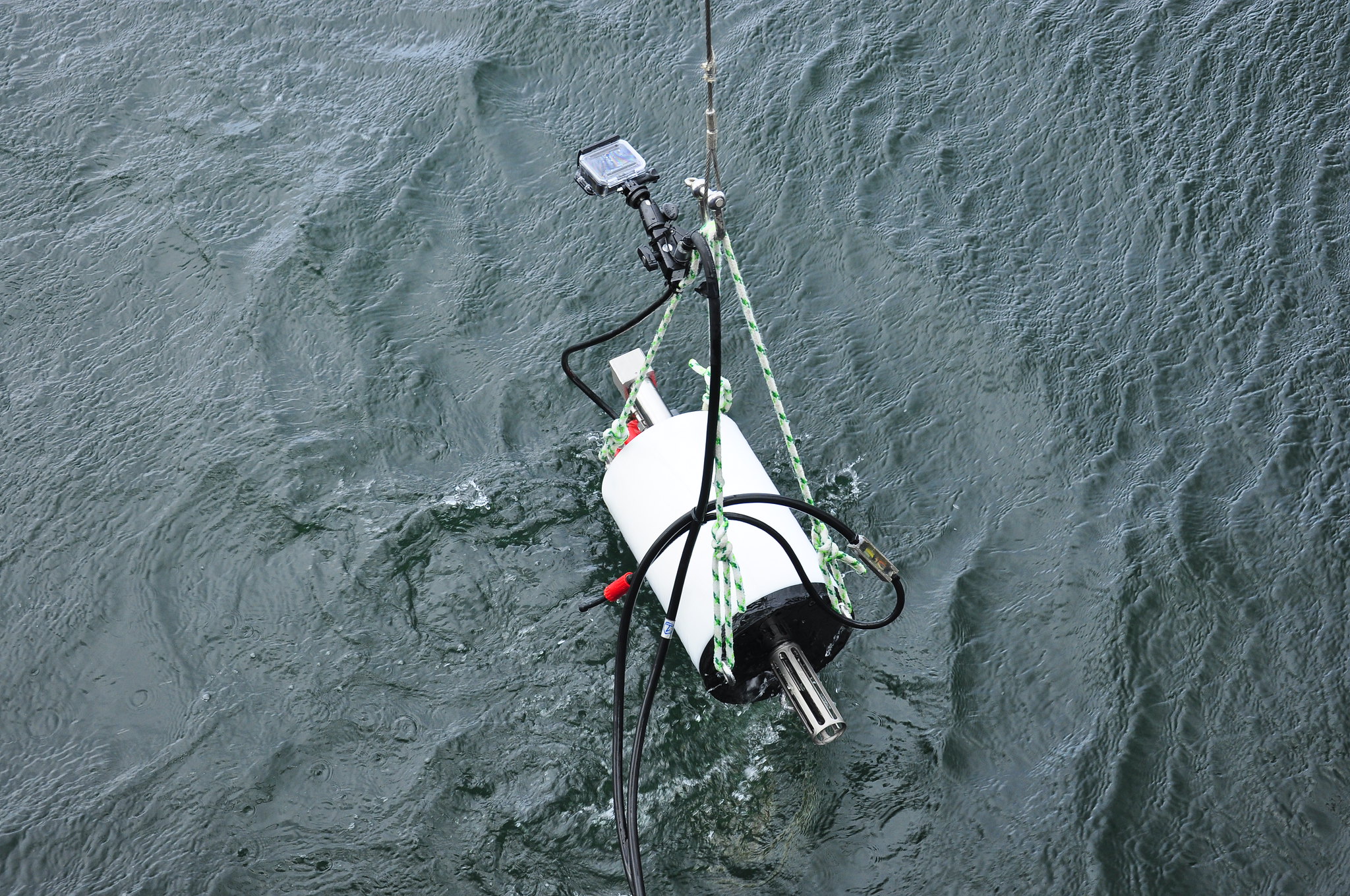Exchange fluxes of climate-relevant trace gases off the Western Antarctic Peninsula (EWARP)

Climate-relevant trace gases affect the Earth’s radiation balance by enhancing the greenhouse effect and altering the chemistry of the atmosphere. The Southern Ocean is one of the most productive ecosystems worldwide and a crucial region for the ocean's circulation. As such, it plays an essential role for the emissions and uptake of trace gases such as CH4, N2O, CO and DMS. The Western Antarctic Peninsula (WAP) undergoes rapid warming with high variability of sea-ice coverage and photosynthetic activity. Rebound of sea-ice have been reported for the last decade, highlighting the complex variability around the WAP. This might affect the regional cycling of climate-relevant trace gases, as changes in sea-ice coverage are likely to affect their production and emissions to the atmosphere.
The EWARP project - Exchange fluxes of climate-relevant trace gases off the Western AntaRctic Peninsula – is funded by the German Research Foundation (DFG) as part of the DFG priority programme 1158 ‘Antarctic Research’ (www.spp-antarktisforschung.uni-rostock.de/en/) and received endorsement from SOOS. EWARP will address knowledge gaps in trace gas budgets of the Southern Ocean. It aims to elucidate the controlling mechanisms for production and exchange fluxes of CH4, N2O, CO and DMS in coastal and open ocean waters off the WAP will focus on:
- (i) Assessing the magnitude and direction of trace gas fluxes under the influence of the sea-surface microlayer as air-sea boundary layer,
- (ii) Understanding the major production pathways of trace gases,
- (iii) Evaluating the effect of temporal variability of sea-ice conditions, UV radiation and primary production on the production of trace gases and
- (iv) Determining the influence of sub-mesoscale eddies in trace gas cycling and microlayer properties.

EWARP receives funding for three years and is coordinated by Oliver Wurl (Univ. of Oldenburg, Germany). The EWARP consortium include scientists from the University of Oldenburg, GEOMAR Helmholtz Centre for Ocean Research Kiel and Kiel University in Germany, as well as collaborators from the DFG priority programme 1158 ‘Antarctic Research’ and research institutes and universities in Germany, Denmark and Chile.
EWARP will employ a comprehensive observational approach including moorings with the deployment of state-of-the-art in situ sensors for trace gases, a seasonal study on trace gas budgets and microlayer formation, and a ship-based process study. During the process study a radio-controlled catamaran will be used to investigate surface microlayer dynamics, and large-scale surveys with autonomous drifters will complement transects with continuous measurements of dissolved concentrations of trace gases. The field work will be supported by analysis of satellite data. The highly dynamic environment of the WAP, including the complex formation of the microlayer in response to hydrodynamics and biological activities requires systematic observational approach as will be applied in EWARP. Overall, the understanding of air-sea exchange of trace gases in the WAP as a reference region for the Southern Ocean is essential for the global budgeting of these gases, as well as the assessment of potential changes in that region in response to ongoing climate change.






